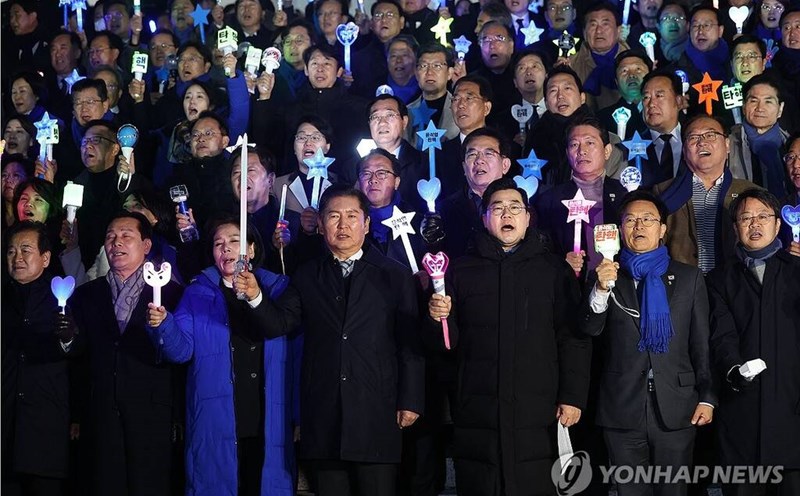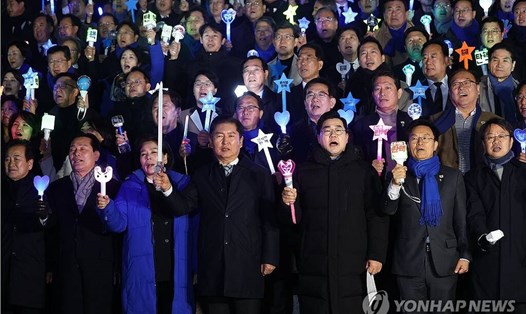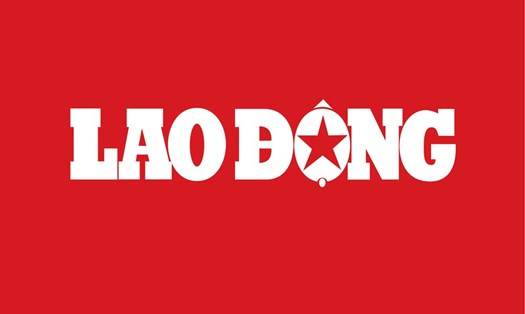According to the Korea Times, year-end K-pop awards ceremonies, long considered a festival for artists and fans, are undergoing significant changes, especially the trend of choosing venue. Currently, many Korean music events and music awards are held abroad instead of domestically.
From music festivals sponsored by TV channels to long-standing awards ceremonies, moving the venue to other countries has become popular. A typical example is this year's MAMA awards ceremony held in Japan and the US.
This trend has caused dissatisfaction among the Korean fan community, who feel left behind, even though domestic audiences play an important role in the global success of Kpop. Many fans lamented the burden of having to pay for air tickets, accommodation and tickets to go abroad to attend events.
Industry insiders point out that organizing music events for ticket sales abroad brings more investment opportunities and higher ticket sales, thereby generating a large source of revenue.
An event organizer said: "In the end, it's about money. Ensuring investment to organize an event abroad can bring in an amount of money that cannot be compared to what can be achieved domestically.
These include venue rental, artist fees, stage production, and broadcasting rights. The larger the investment, the lower the financial burden on the institution and any surplus becomes a profit.
In addition, overseas programs often generate significant revenue through paid votes ( voting for artists) and ticket sales, making the financial appeal of holding an overseas event undeniable.
Popular destinations such as Japan, Indonesia and Thailand were chosen because they have a high demand for K-pop, allowing ticket prices to be higher than in Korea and driving better profits.
In Korea, ticket prices are capped, typically ranging from over 100,000 won to around 200,000 won. But overseas events have VIP seat tickets ranging from 300,000 - 400,000 won.
However, the issue is not just profits. An industry insider highlighted the logistical challenges of holding major awards ceremonies domestically.
Korea has limited large locations that can accommodate large Kpop audiences, and booking such locations is extremely difficult.
"We understand the importance of holding awards shows in Korea and we actively consider this every year. But the logistical hurdles make it a tough battle," the insider said.
This change reflects the increasing global popularity of K-pop, but also shows the challenges of balancing the goal of expanding K-pop internationally and maintaining a connection with domestic audiences.










